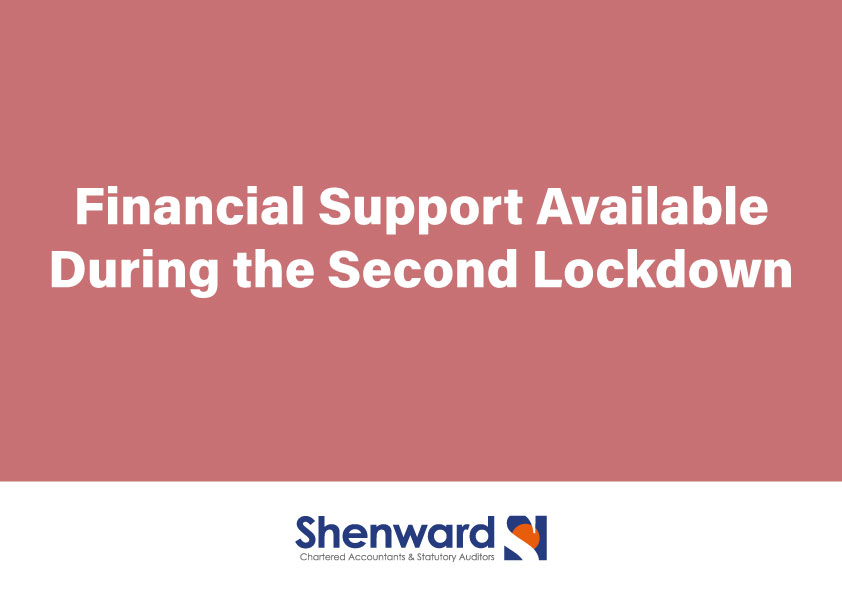Taxes are a fact of life. No-one likes paying them but if we didn’t there would be no NHS, no welfare state and no public services.
As the saying goes ‘Money Makes the World Go Around’ and without people paying taxes the world would stop turning. Not literally, but you know what we mean!
Given that tax is intrinsically unpopular, it’s no surprise that the Government prefers them to be…less obvious. We won’t say “hidden” because that suggests skulduggery but if they are not quite so blatant, all the better.
So what are these, ahem, “less obvious” taxes and how can we spot them?
National Insurance – it’s just another tax
National Insurance – or “paying your stamp” – comes off your wages. It’s right there, it’s a big chunk and it doesn’t make happy reading on your pay slip. The impression given is that it’s going towards your pension. It actually isn’t. It’s paying for today’s pensions.
So NI isn’t hidden. Or at least YOUR part of it isn’t hidden. What’s not so obvious is that your employer also pays a contribution on your wage. So your boss pays for the privilege of employing you! Critics would call it a tax on jobs. In total NI can be more than the Income Tax on your wage.
Excise Duty – it’s a tax on a tax!
The tax we pay on petrol has become more obvious in recent years but we’ve still come to accept high prices at the pumps.
You only have to fill up a hire car abroad or do a double-take at the prices at the filling stations to see a huge discrepancy in fuel prices in the UK and Europe, for example. Oil is oil. The difference is tax.
The UK has excise duty on fuel and we see the Chancellor often tinker with it at Budget time. The oil company and the retailer calculate their costs and then add the excise duty. Then they add VAT on top. So we end up paying a tax on a tax. I’ll leave you to digest that one…
Air Passenger Duty – a holiday tax
When you’re all packed and ready to go on holiday the last thing you want to think about is tax. But in 1994 the UK Government introduced Air Passenger Duty and it costs up to £176 per flight from UK airports. It was brought in as a revenue raiser and had little to do with cutting the environmental impact of flying.
Insurance Premium Tax – a tax on something else we don’t like to pay out for
This was another tax introduced in the 1990s when the Government decided the insurance industry was “under-taxed” because it wasn’t subject to VAT. Car insurance, home insurance and pet insurance are taxed at 12% while travel insurance, electrical appliance insurance and some vehicle insurance is 20%.
Tariffs – don’t mention Brexit!
Consumers may be blissfully unaware of import tariffs and excise duty on goods coming in from overseas. With negotiations over a Brexit deal underway these are the kind of issues that prove very thorny indeed and we all have to pay.
You can’t avoid most of these taxes if you want to live a “normal” life and we all do need to pay our fair share to help society and protect those less fortunate. So what can we do minimise our tax burden?
Five simple ways to reduce your tax bill and not feel guilty about it
1. Salary Sacrifice
Take a portion of your gross salary and put it into a pension, childcare vouchers or a bike-to-work scheme. The cost comes off your gross salary before the taxman takes his cut, meaning you pay less tax.
2. If you’re self-employed pay into a pension and claim all your allowable expenses
Paying into a pension is a great way to save for the future. For every £100 invested by a basic rate taxpayer the Government adds another £25. Every business can claim expenses against its tax liability but those allowance expenses will be different for each business. Claim what you are entitled to. If you’re not sure, take advice.
3. Marriage Tax Allowance
The marriage allowance lets you transfer £1,250 of your Personal Allowance to your husband, wife or civil partner, reducing their tax by up to £250 in the tax year. It can also be back-dated to 2016. Marriage has a financial perk but you must have tied the knot!
4. Working From Home Tax Relief
If your employer requires you to work from home you’ve always been able to claim for extra costs. That’s become a big issue in 2020 with most people told to work from home during the pandemic. Even if you’ve worked from home for just one day you can claim a whole year’s tax relief. You can claim £1.20 a week if you’re a basic-rate (20%) taxpayer, £2.40 a week if you’re a higher-rate (40%) taxpayer or £2.70/week if you’re an additional-rate taxpayer (45%). So over the year, that’s £62.40 for basic-rate taxpayers, £124.80 for higher-rate taxpayers, and £140.40 for additional-rate taxpayers.
5. Work Clothes Allowance
From hair nets for catering to steel toe-capped boots for builders, if your employer requires you to wear protective clothing at work you can claim an allowance, even if your employer provides the gear for you. It’s not a fortune but every little helps. Basic rate taxpayers can claim back £12 a year, higher-rate taxpayers twice that.
There’s no getting away from tax but you shouldn’t have to pay more than your fair share. It pays to be tax savvy.


